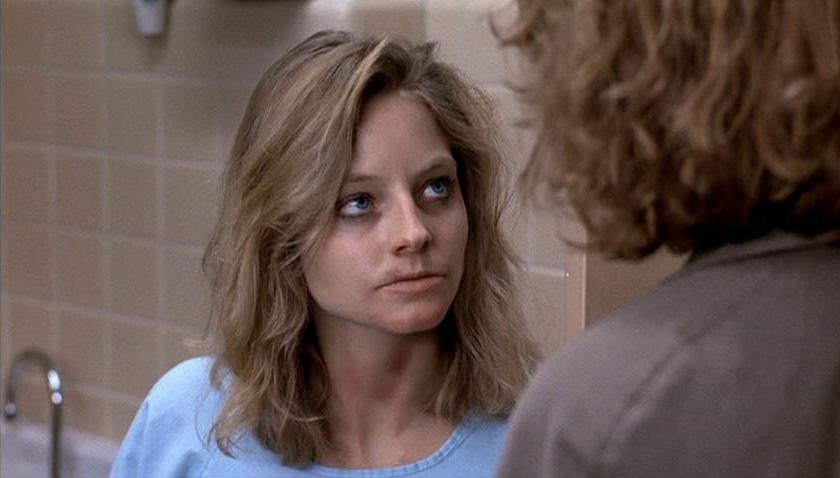
 |
| Photo © 1988 Paramount Pictures |
| Academy Award Nominations and Winners: | |
| ★ | Best Actress: Jodie Foster |
| Golden Globe Nominations and Winners: | |
| ★ | Best Actress (Drama): Jodie Foster (tie) |
| Other Awards: | |
| National Board of Review: Best Actress (Foster) | |
| Permalink | Home | 1988 | ABC | Blog |